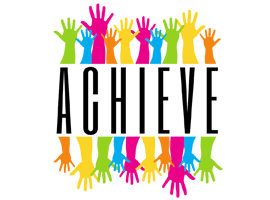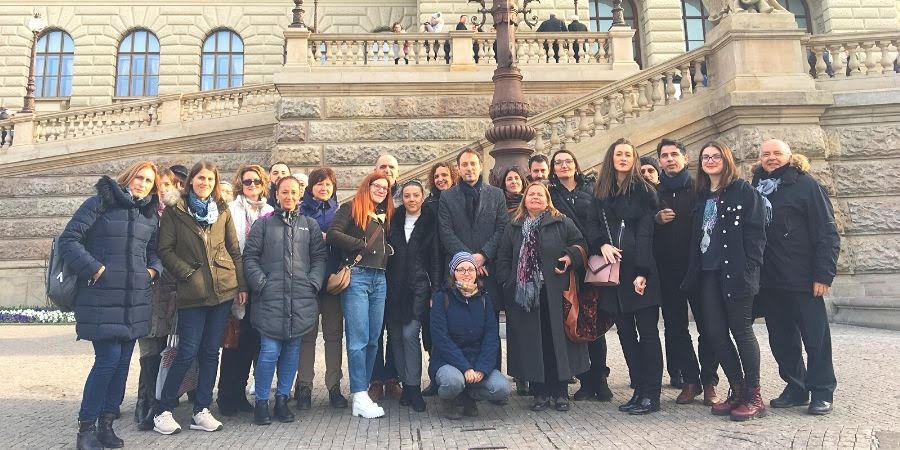
AT A GLANCE
ACHIEVE aims to develop the EU identity starting from a reflection on the common history, art and religions among cities from Central and South-Eastern Europe as a tool to fight the growing Euroscepticism.
For these reasons, these are the topics at the challenges that ACHIEVE wants to face:
promoting knowledge about one’s own territory and then on the other countries involved
fostering discussion on the concepts of identity and Euroscepticism, whose causes will be investigated at local level in all the targeted countries and shared in occasion of international events. Thirdly, the network of cities will share tools and methods to create a counter narrative against Euroscepticism.
To this purpose, citizens will identify creative ways to develop substantial messages countering the growing distrust and disaffection for Europe, creating a “Global Citizenships’ map”. These contents will be used to develop an interactive website expected to be used as a didactical tool, beyond the project.

OBJECTIVES
- Raise awareness to the common memory, history and values of EU countries and to the EU objectives (like peace promotion), its values and the wellbeing of its inhabitants through debates, reflections and networks
- Encourage civic and democratic participation of citizens at EU level by developing their knowledge on the process of political elaboration of EU and promoting opportunities of civic, volunteer or intercultural engagement at EU level.
ACTIVITIES
- Erdut Municipality organizes the 1st international event aimed at publicly launching the event and sharing an overview on Euroscepticism in every partner’s country;
- Local paths phase 1: activities are organized by every partner to engage local citizens in deepening their knowledge on the history, art, religion of their territory and collecting material about it;
- Peje Municipality (Kosovo) organizes the 2nd international event, aiming at sharing the respective local findings and introducing the concept of EU citizenship;
- Local paths phase 2: activities are organized by every partner to engage local citizens in reflecting on EU citizenship and Euroscepticism;
- The House of National Minority (Prague, Czech Republic) organizes the 3rd international event, aiming at sharing the respective local findings and identifying methods to build a counter-narrative to Euroscepticism
- Local paths phase 3: activities are organized by every partner to engage citizens in discussing the methods to counter Euroscepticism that have been identified in the international event and in identifying the traces of European identity embedded in their local context. They will do this by collecting interviews, pictures, videos, stories that will feed the “Global Citizenship Map”
- Breganze Municipality and Rezzara Institute (Vicenza, Italy) organize the 4th and final international event “Bored of Borders” to promote EU identity and the crossing of mental and physical borders.
- Local paths phase 4: activities are organized by every partner to share with their local citizens the project experience
- Creation of the communication tools such as the Global Citizenship Map, throughout the all duration of the project.